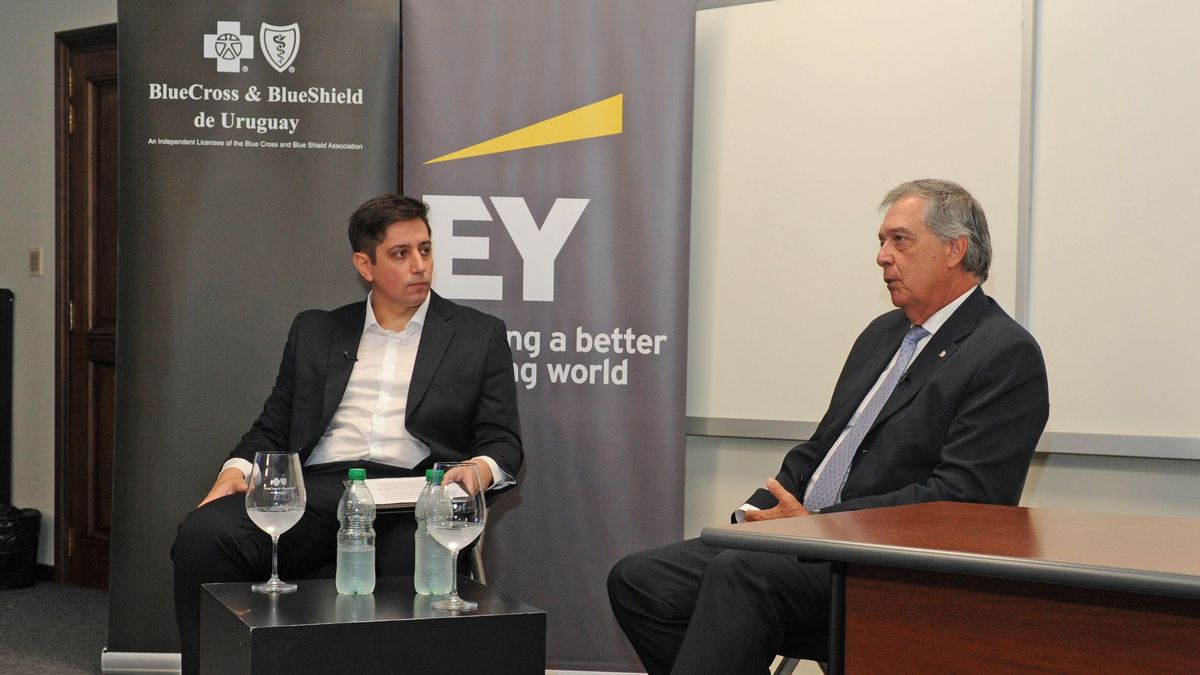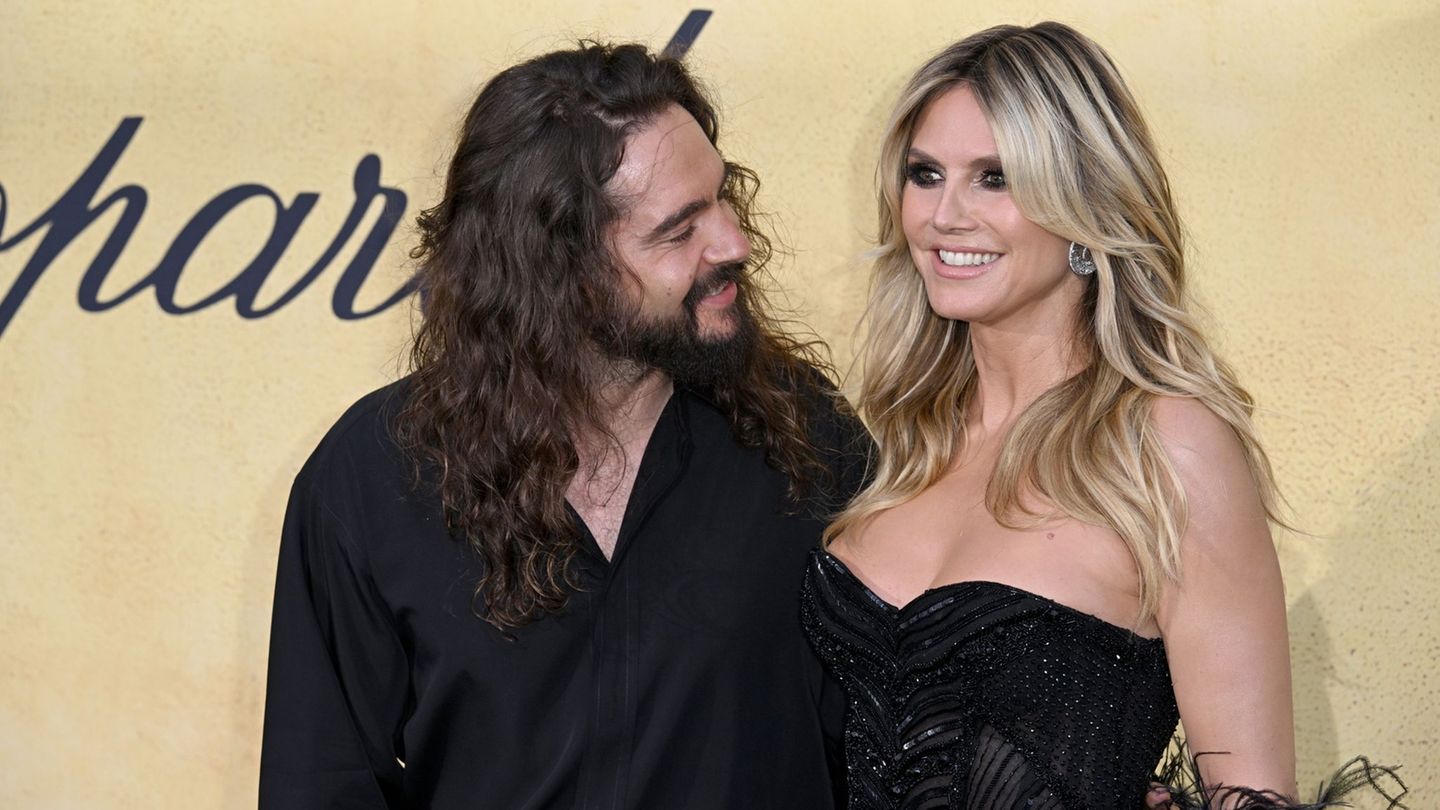The Minister of Livestock, Agriculture and Fisheries (MGAP), Fernando Mattosanalyzed the challenges facing the Uruguay in the future regarding sustainability as a commercial strategy, during the cycle of management and business talks at the ORT University.
Mattos said that Uruguay is prepared to face possible demands of sustainability environmental regulations imposed by Europe that could have an impact on the opening of markets for Uruguayan products.
The head of the Secretary of State mentioned that, through a loan approved by the world Bank for 350 million dollars, which includes an economic improvement in the interest rate to be paid if certain environmental goals are met, livestock producers will receive technical assistance to improve production and their environmental impact.
“Europe has announced the provision of a decree that determines the rule for the introduction of products from some productive areas in which meat is included, where it must be demonstrated through due diligence that the products do not come from deforested areas. We understand that this rule imposes environmental aspects, but that it can bureaucratize and make the bilateral trade system more expensive,” reported the minister who has already analyzed the issue with special concern together with the agricultural unions.
“We estimate that this deadline will have to be extended because there is no complete knowledge of the details that Europe is going to impose on its import authorization and, furthermore, that this continent has a magnificent internal problem with its own producers who are complaining in the streets due to the bureaucratic burden of compliance with environmental rules that are very difficult to comply with,” he added.
Regarding the steps to be taken by the government in line to support producers to achieve this objective, the MGAP minister announced that “a support system for livestock producers is being designed, through the National Livestock Information Systemhe Agricultural Plan Institute and the National System of Innovation and Rural Developmentfor technical assistance to those who improve the productive efficiencywhich will lead to improved income and better environmental performance.”
He recalled that the World Bank approved a loan for 350 million dollars that includes an economic improvement in the interest rate to the extent that the country meets certain environmental goals.
Mattos explained that the loan will be transmitted through the Environmental Fund and will contribute to Uruguay has technical assistance and demonstration properties, so that a significant number of livestock producers produce more efficiently.
In addition, he pointed out that the objective is that approximately 1,000 livestock producers can receive technical assistance. “It would be an important scale in relation to the pilot experience that we concluded in 2023, with about 65 producers through the Livestock and Climate program supported by the Food and Agriculture Organization of the United Nations (FAO)”he contextualized.
The Minister of Livestock, Agriculture and Fisheries stressed that producers who comply with the environmental goals They will be trained to face the opportunities that will open up internationally to market certified products with a positive sustainability seal, an aspect today considered fundamental.
Along these lines, he said that the country is working on a research system that will generate information to demonstrate to the international community that the livestock production system does not affect environmental pollution. “France, which is the most protectionist country in the world, wants to place environmental issues as a trade rule. The problem is who decides what is correct,” Mattos exemplified.
In conclusion, the minister assured that “production today increasingly challenges the environment, but it can be done in a sustainable way.” “We have to go together, but at the same time separate in the international strategy, because we are different from Argentina and Brazil. Uruguay has many strengths in that sense. “It is in a privileged position, it has public goods, credibility and a better livestock system than many on the international scene,” he expressed.
“Our productive system has to demonstrate that it is sustainable, I think it has better conditions than many to do so, but we are afraid that this first negotiation where environmental criteria are introduced in the aspect of agricultural trade, could be used in the future as a protectionist barrier and, therefore, we have to be cautious in the negotiating process,” Mattos concluded.
Source: Ambito




